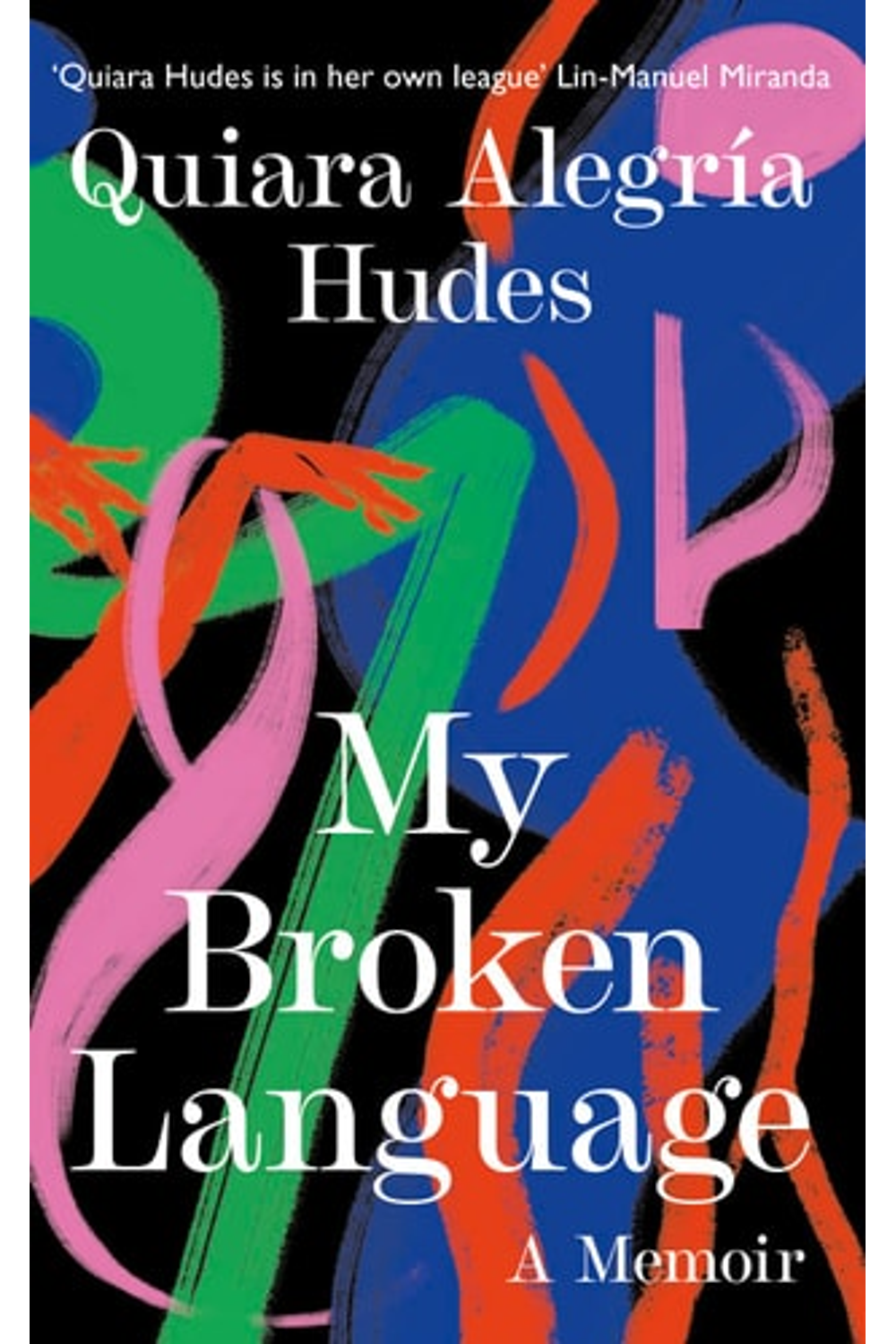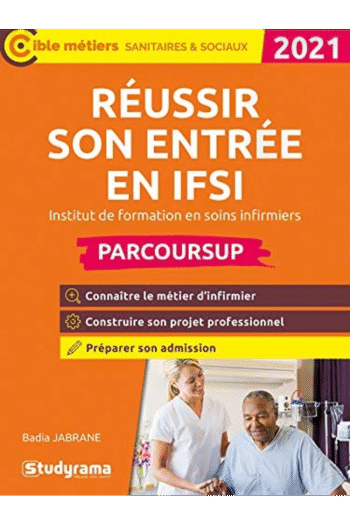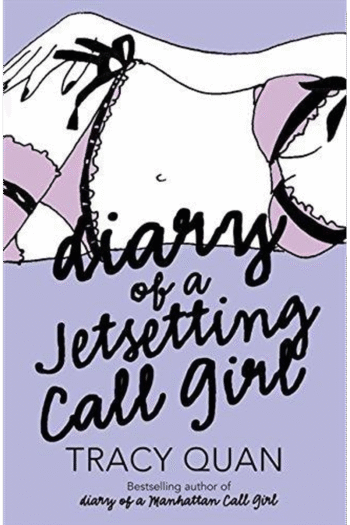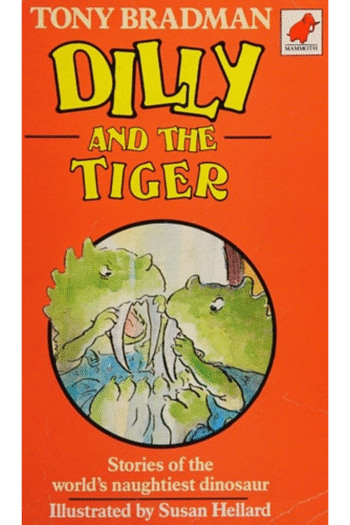“My Broken Language” by Quiara Alegra Hudes, the Pulitzer Prize-winning playwright behind “In the Heights,” is a deeply moving and lyrical memoir exploring identity, family, and the redemptive power of language. Set against the vibrant backdrop of a Puerto Rican barrio in North Philadelphia, Hudes recounts her journey of self-discovery as a young girl straddling two worlds: the close-knit community of her family and the predominantly white spaces of academia. More than a simple coming-of-age story, this book is a powerful exploration of cultural heritage, belonging, and the challenges of finding one’s voice amidst the cacophony of languages and expectations. Hudes beautifully portrays the strong, resilient women in her family, transforming them into modern-day orishas whose stories resonate with both tragedy and triumph. She delves into the complexities of her “broken language”a mix of English and Spanish, spoken and unspoken truthsand how it ultimately became her unique artistic expression. Fans of “In the Heights” and anyone grappling with questions of identity, cultural identity, and the immigrant experience will find “My Broken Language” to be a profoundly affecting and unforgettable read. Explore the sounds, the smells, and the soul of a community through the eyes of a gifted storyteller.
My Broken Language
22,77 $
In stock
The Pulitzer Prizewinning playwright and co-writer of In the Heights tells her lyrical story of coming of age against the backdrop of an ailing Philadelphia barrio, with her sprawling Puerto Rican family as a collective muse.
Quiara Alegra Hudes was the sharp-eyed girl on the stairs while her family danced their defiance in a tight North Philly kitchen. She was awed by her mother and aunts and cousins, but haunted by the unspoken, untold stories of the barrioeven as she tried to find her own voice in the sea of language around her, written and spoken, English and Spanish, bodies and books, Western art and sacred altars. Her family became her private pantheon, a gathering circle of powerful orisha-like women with tragic real-world wounds, and she vowed to tell their storiesbut first shed have to get off the stairs and join the dance. Shed have to find her language.
Weaving together Hudess love of music with the songs of her family, the lessons of North Philly with those of Yale, this is a multi-mythic dive into home, memory, and belongingnarrated by an obsessed girl who fought to become an artist so she could capture the world she loved in all its wild and delicate beauty.
| Authors | |
|---|---|
| Binding | |
| Condition | |
| ISBN-10 | 0008464634 |
| ISBN-13 | 9780008464639 |
| Language | |
| Pages | 336 |
| Publisher | |
| Year published | |
| Weight | 270 |
Related products
-
The Tail Of Emily Windsnap
14,48 $ -
Diary Of A Jetsetting Call Girl
14,16 $
- Additional information
- Currencies
- USD – United States dollar
- EUR – Euro
- GBP – Pound sterling
- CNY – Chinese yuan
- BRL – Brazilian real
- MXN – Mexican peso
- JPY – Japanese yen
- PHP – Philippine peso
- THB – Thai baht
- PLN – Polish złoty
- CAD – Canadian dollar
- MYR – Malaysian ringgit
- AUD – Australian dollar
- TWD – New Taiwan dollar
- CZK – Czech koruna
- SEK – Swedish krona
- HUF – Hungarian forint
- ILS – Israeli new shekel
- CHF – Swiss franc
- HKD – Hong Kong dollar
- DKK – Danish krone
- SGD – Singapore dollar
- NOK – Norwegian krone
- NZD – New Zealand dollar





